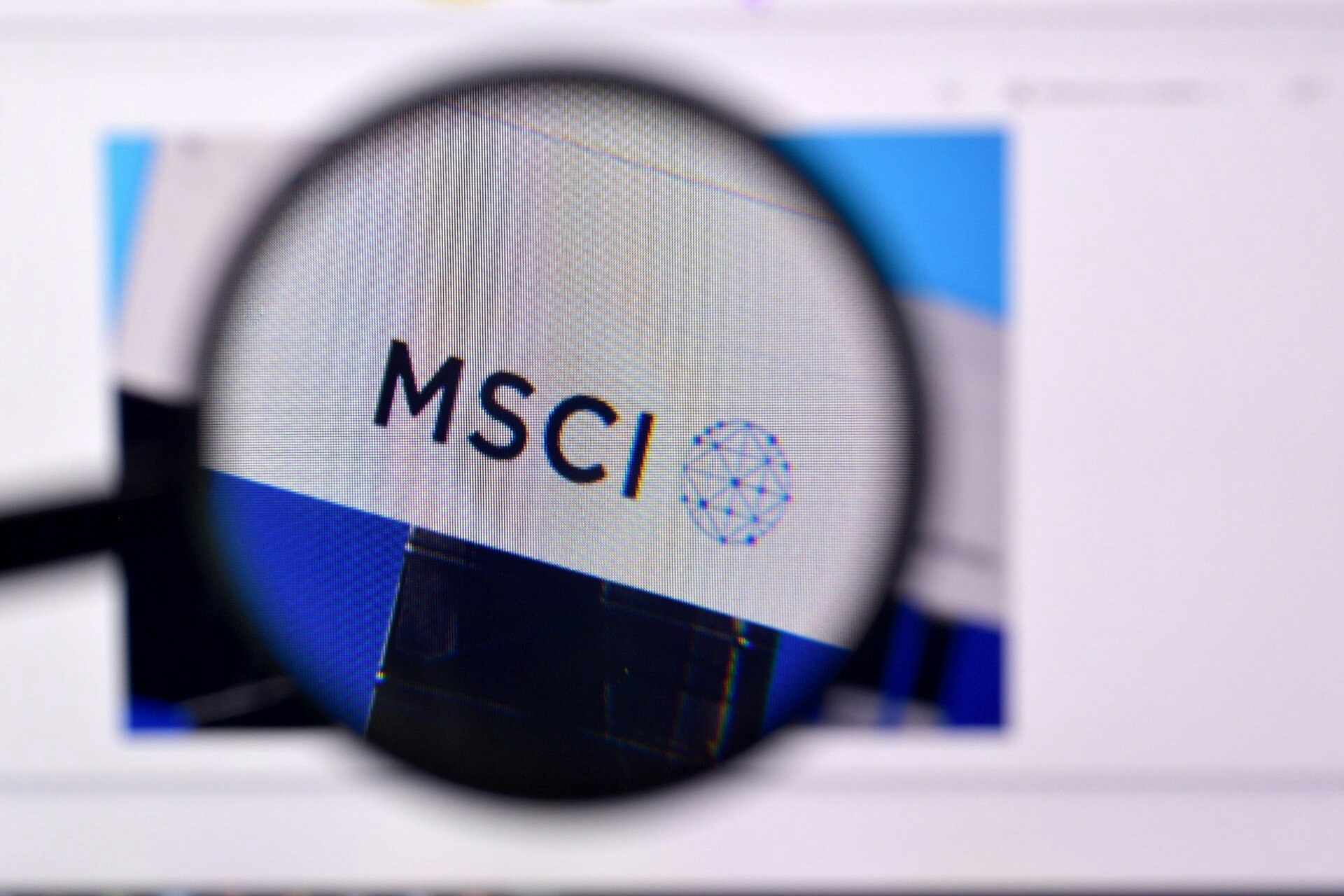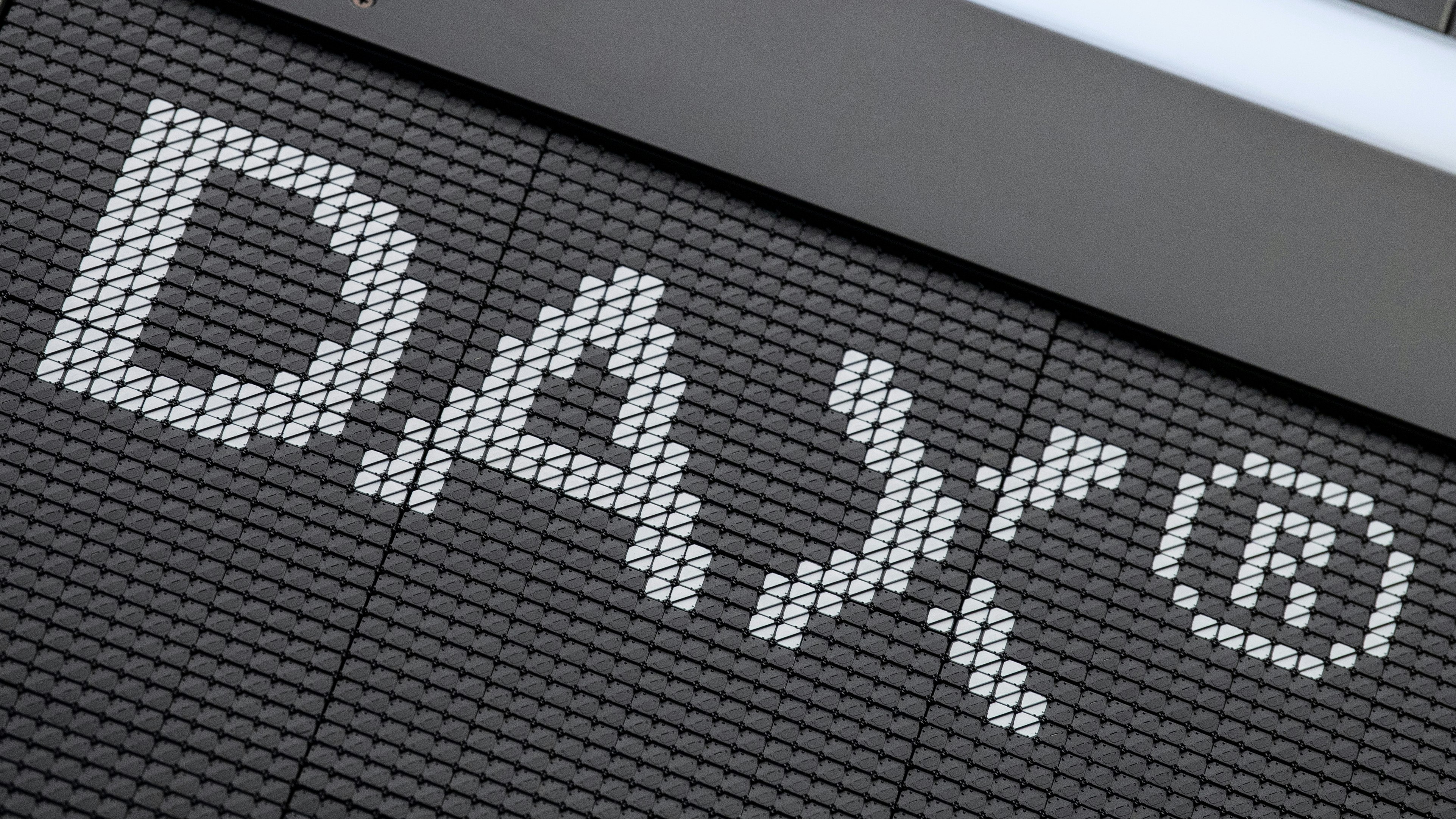Business
PepsiCo at a Customs Disadvantage – Ireland Strategy Backfires in US Trade Conflict
PepsiCo is being hampered by new US tariffs on imports from Ireland, while Coca-Cola remains largely protected.
PepsiCo under pressure: The new 10% import tax on Irish goods hits the company in a sensitive area – its concentrate business. Almost all cola and Mountain Dew concentrate for the US market is produced in Ireland. This turns the decades-long tax strategy of the corporation, which began production in Cork in 1974, into a burden.
In contrast, main competitor Coca-Cola produces the majority of its concentrate for US beverages in Atlanta and Puerto Rico – thus bypassing the tariff issue. While Coca-Cola also maintains locations in Ireland, these primarily supply foreign markets. Analyst Carlos Laboy from HSBC sums it up: "Ireland had the tax advantage – until the tariffs came.
PepsiCo has so far remained silent on possible countermeasures or price adjustments, although the pressure to act is increasing. The company recently invested €166 million in its Irish sites and is deeply rooted in the region with two plants and a global R&D center. In addition to Ireland, Pepsi also produces concentrate in Texas, Uruguay, and Singapore, albeit to a much lesser extent.
The new situation comes at an unfavorable time. Pepsi-Cola was pushed from second place in the soft drink ranking in the USA last year – of all things, by Dr Pepper. After years focusing on snacks and energy drinks, Pepsi is currently trying to revive its cola brand. Tariffs threaten to counteract this strategy.
Not only Pepsi itself is suffering from the new import duties. Independent bottlers, often medium-sized family businesses, are also coming under increasing pressure. They source concentrate in smaller quantities from 55-gallon containers or in tanker truck deliveries - and are now expecting rising purchase costs.
Parallel to this, additional tariffs burden the beverage business: Since March, the US government has imposed a 25% tariff on aluminum imports – a cost driver for can manufacturers. Coca-Cola CEO James Quincey has already announced plans to shift more to plastic packaging if necessary or to source aluminum from US suppliers.
The situation is reminiscent of similar effects in other consumer goods industries. A 10% tariff on Levi Strauss jeans imports hits harder than competitor Wrangler, whose Mexican production facilities benefit from the regulations of the USMCA agreement. The same applies in the toothpaste market: While Crest is produced in the USA, Colgate partly imports from Mexico.
The pattern is clear: Those who have relied on global tax advantages in recent decades are now facing protectionist setbacks – a reality that requires strategic realignment.






